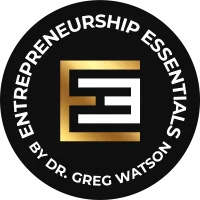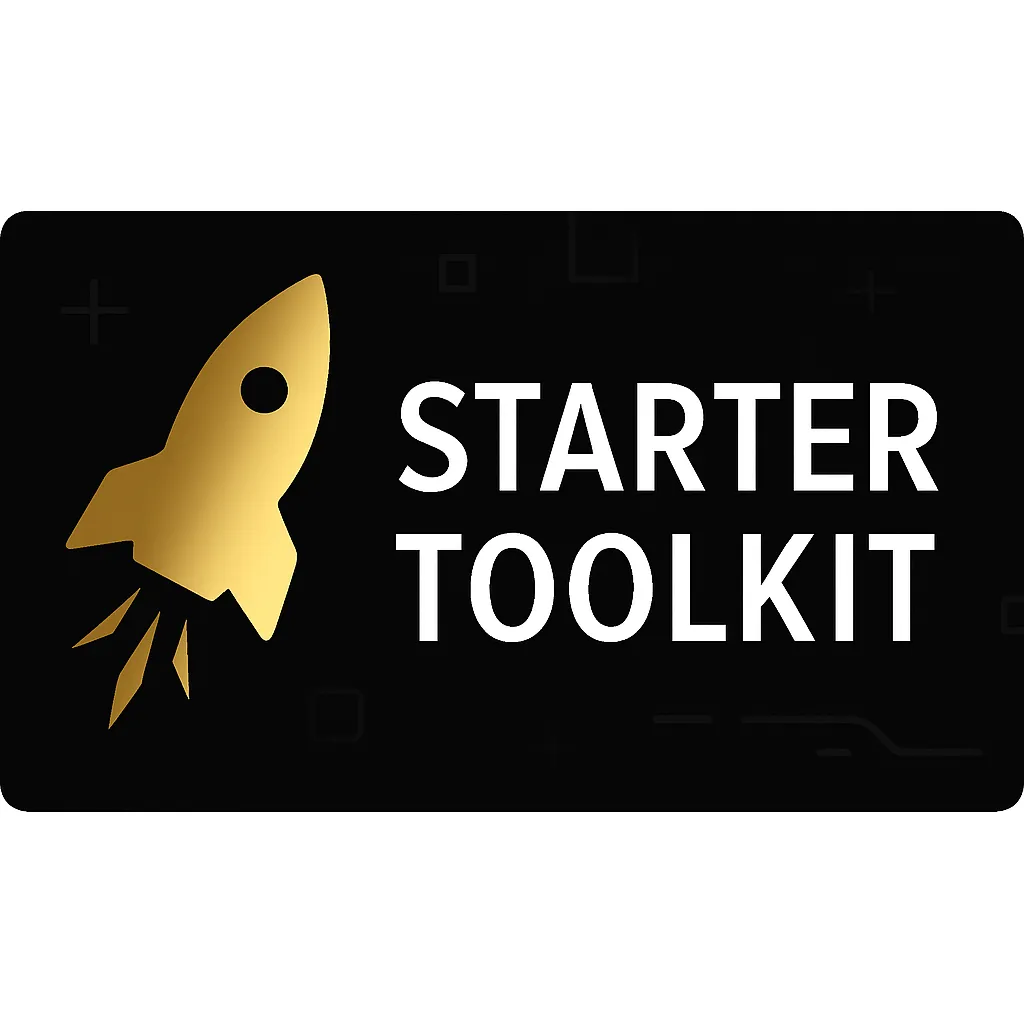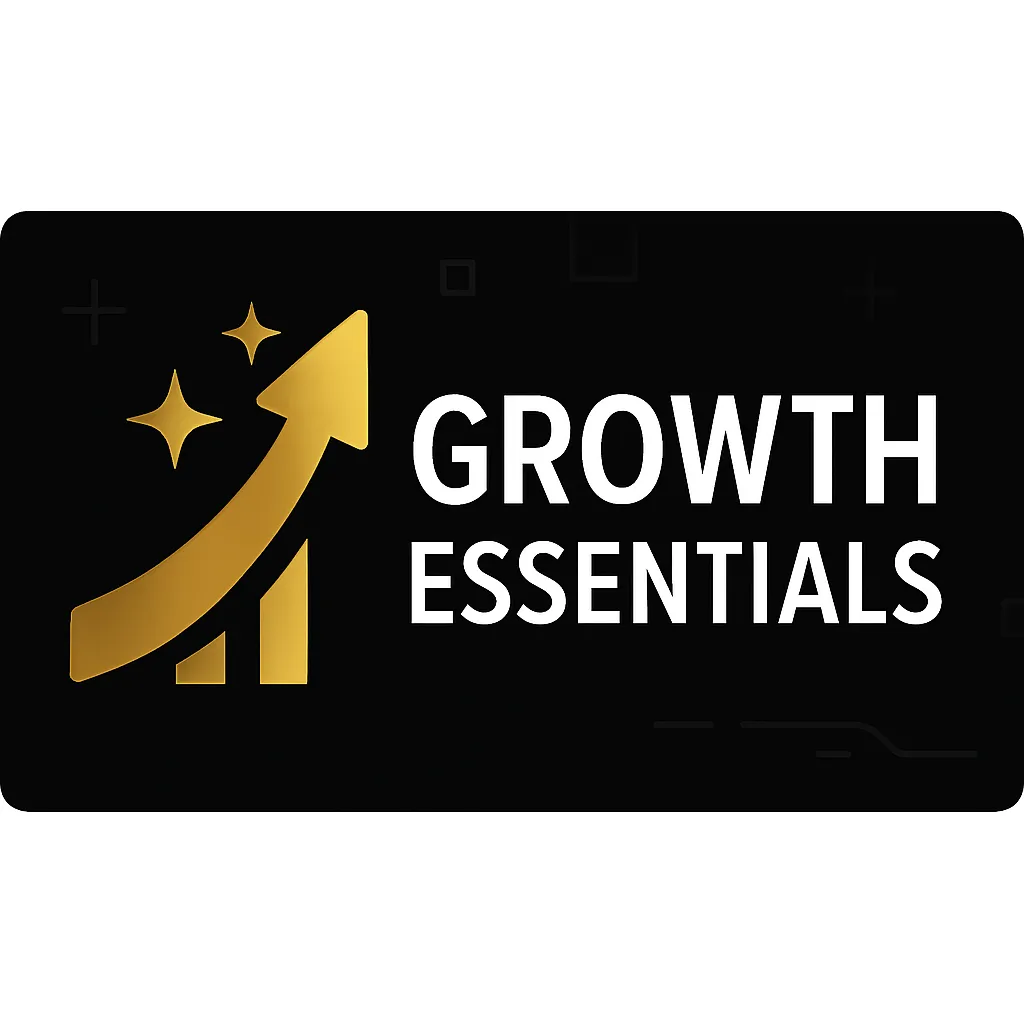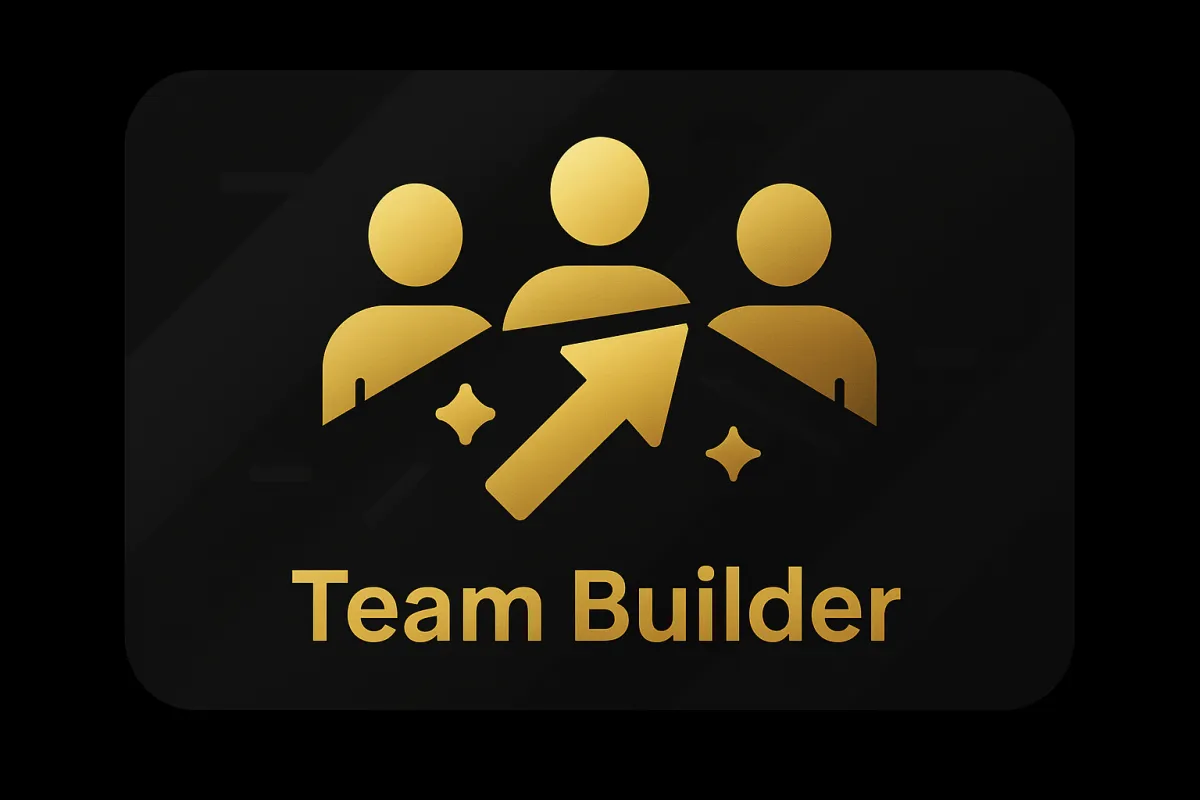Unlocking the Future of Work: AI in the Workplace Workshop Empowers Nogales Businesses with Agentic AI
Nogales, Arizona – August 15, 2025 — On a bright Friday morning, 27 professionals representing 22 businesses gathered in Nogales, Arizona, for a transformative one-day workshop: AI in the Workplace: Moving Beyond the Prompt. Led by Dr. Greg Watson, award-winning professor and nationally recognized AI-in-business strategist, the workshop gave attendees more than just a technical crash course. It delivered a bold vision for the future of work—and a practical roadmap to get there.
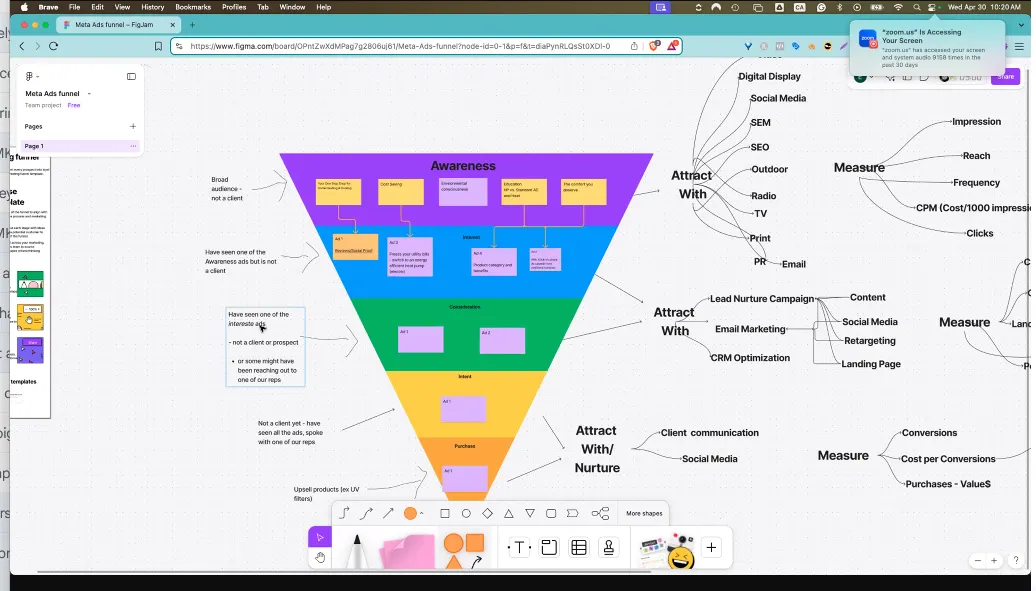

At the heart of the training was a forward-thinking framework to help companies implement Agentic AI Workflows—a powerful evolution beyond simple prompt-based AI interactions. These workflows showcased how artificial intelligence can do more than generate ideas: it can become an autonomous collaborator in everyday business operations, especially in marketing and productivity.
Why “Move Beyond the Prompt”?
The workshop kicked off with a provocative challenge to participants: “Are you still using AI like a calculator… when it could be your co-worker?” Dr. Watson’s opening remarks set the tone for the day—generative AI’s potential is no longer confined to chat prompts. The next frontier is agentic automation: AI that executes complex tasks through structured, automated systems.
A central theme of the workshop was bridging the gap between curiosity and capability. Many companies had experimented with ChatGPT or Google Gemini but hadn’t systematized their AI use. This workshop changed that.
What Are Agentic AI Workflows?
Agentic AI workflows are predefined, modular automations that use artificial intelligence to execute tasks with minimal human intervention. Participants learned how these workflows could be integrated across tools like ChatGPT, Make.com, Zapier, N8N, Google Workspace, Social Media, and Notion.
One example demonstrated how a business could automate its entire marketing content pipeline:
An AI agent scans trends to generate trending topics for podcast episodes or social media posts.
It generates titles, descriptions, social posts, images, podcast scripts, and relevant call-to-action.
Another agent uploads the social media content into a scheduling tool like Buffer or Hootsuite
Another agent creates an authentic podcast from the script and distributes it automatically to a dozen podcast platforms.
In real-time an AI Chatbot pulls in social media messaging across six or more platforms and actively engages in real-time, making sure customer contacts are not lost.
A final agent monitors engagement data and recommends the best-performing formats.
By the end of the session, attendees could see the roadmap for creating a “set-it-and-refine-it” marketing engine.
Questions from the Field: What Businesses Really Want to Know
Throughout the day, Dr. Watson fielded live questions that spoke volumes about the curiosity—and the concerns—companies and employees have about adopting AI workflows:
1. “What happens when the AI breaks or produces incorrect output?”
A local logistics company asked how to handle failure points in AI automation. Dr. Watson introduced a Strategic AI Workflow Framework that includes checkpoints, rollback protocols, and diagnostic flags. “Treat AI like a new employee. Don’t give it the keys to the kingdom without a system for supervision,” he advised.
2. “Is this going to replace jobs at our company?”
This question came from a retail employer concerned about automation replacing human roles. The workshop shifted the perspective: instead of replacement, think augmentation. Agentic workflows were framed as “force multipliers” that allow small teams to punch above their weight—especially in tasks that are repetitive, time-consuming, or low in creativity.
3. “Can AI handle bilingual or Spanish-language content for our audiences?”
Given Nogales’ bilingual business environment, this was a hot topic. Demonstrations showed how AI tools like ChatGPT and DeepL can work in tandem to generate, translate, and culturally adapt content—across workflows—without degrading meaning or tone.
4. “How do I document these workflows for my team?”
To ensure long-term success and continuity, Dr. Watson shared a three-tier Strategic AI Workflow Framework:
Level 1: What the workflow does (simple overview).
Level 2: Tool and trigger logic (Make/Zapier/ChatGPT sequences).
Level 3: Deploy, test, and document.
Level 4: Error-handling, troubleshooting, and scaling protocols.
This framework was hailed by one attendee as “the missing piece” to deploying AI confidently in a small business environment.
Demonstrations That Made It Real
The workshop was built around live demonstrations. Attendees saw actual workflows that:
Took a Zoom or Video transcript and automatically generated a 600-word blog post with social media captions.
Scheduled a week’s worth of content from a single email newsletter draft.
Used AI to summarize customer survey results and build a Google Slides report automatically.
A surprise bonus included a walkthrough of how a local nonprofit could generate automated AI podcast episodes using AI voice synthesis and narration tools—with workflows managing scriptwriting, editing, and uploading. Options for a One-Click Human-In-The-Middle to review and approve were also demonstrated.
A Roadmap for Small Business AI Transformation
Perhaps the most valuable takeaway was the strategic roadmap Dr. Watson shared for integrating AI into real-world businesses:
Phase 1: Identify Bottlenecks - Start by mapping repetitive, time-consuming tasks that drain your team’s bandwidth.
Phase 2: Prototype Workflows - Use tools like ChatGPT, Make.com, and Google Workspace to create a basic automation prototype.
Phase 3: Deploy and Document - Use Watson’s 3-tier documentation system to ensure AI agents are understood, monitored, and improvable.
Phase 4: Scale with Feedback - Set review intervals—weekly or monthly—to assess what’s working, what’s broken, and what needs fine-tuning.
A key take-away - numerous businesses engaged with Dr. Watson to help them implement this Strategic AI Workflow Framework in their business over the next few weeks.
Final Thoughts: Nogales as a Model for Main Street Innovation
Nogales, Arizona might not be the first place people associate with cutting-edge AI innovation—but that’s exactly the point. Dr. Watson believes that “AI is no longer a Silicon Valley-only toolset. It’s a Main Street opportunity.”
Attendees left with more than just knowledge. They left with confidence, systems, and a roadmap.
A participant from a small marketing firm summed it up:
“Before today, I thought AI was a fun experiment. Now I see it’s a serious business asset—and I have a plan to use it on Monday.”
What's Next?
Following the success of this event, Dr. Watson and the Entrepreneurship Essentials team are planning follow-up advanced workshops and individualized business implementation sprints. Future sessions may include:
AI for Customer Service Automation
AI and Data Dashboards
AI-Powered SOP Generation
Building an Internal “AI Chief of Staff” Agent
About Dr. Greg Watson
Dr. Greg Watson is a serial entrepreneur, professor, and AI-for-business strategist. He has taught entrepreneurship at the University of Arizona, Arizona State University, and Pima Community College, and is the founder of Entrepreneurship Essentials. His mission is to help American businesses become smarter, leaner, and faster using AI tools and strategic thinking.
For more information, visit EntrepreneurshipEssentials.com
Press Inquiries or Workshop Requests:
Contact: Dr. Greg Watson
📧 [email protected]
📍 Tucson, Arizona
We all have different paths to success, some have achieved it and some have just taken the first step.
True Entrepreneurship:
Creating Value For Others
Watson is a leading speaker on entrepreneurship and education. His motivational lectures on modern learning technologies, assessment, and the engaged learner experience have inspired today’s learner and challenged educators to update their approach to teaching.
Dr. Greg Watson is a serial entrepreneur and retired professor of entrepreneurship, academic researcher, and former director of the center for teaching and learning. As co-chair of the #5 ranked Entrepreneurship New Venture Development program – he lead a mentor team overseeing student entrepreneurial ventures from the ideation stage to value proposition to validation to launch. With an emphasis on the entrepreneurial mindset and entrepreneurial spirit Greg helps you discover that dream.
“You didn’t learn to ride a bike in a workshop” (Sandler) – finding the right entrepreneurial mentor, training, program or entrepreneurship course is often the difference between success and failure.

Copyright© 2025 Entrepreneurship Essentials. All Rights Reserved. Entrepreneurship Essentials is a service of Watson and Associates, INC,an Arizona corporation, 6615 S Lantana Vista Dr, Tucson, AZ 85756.
